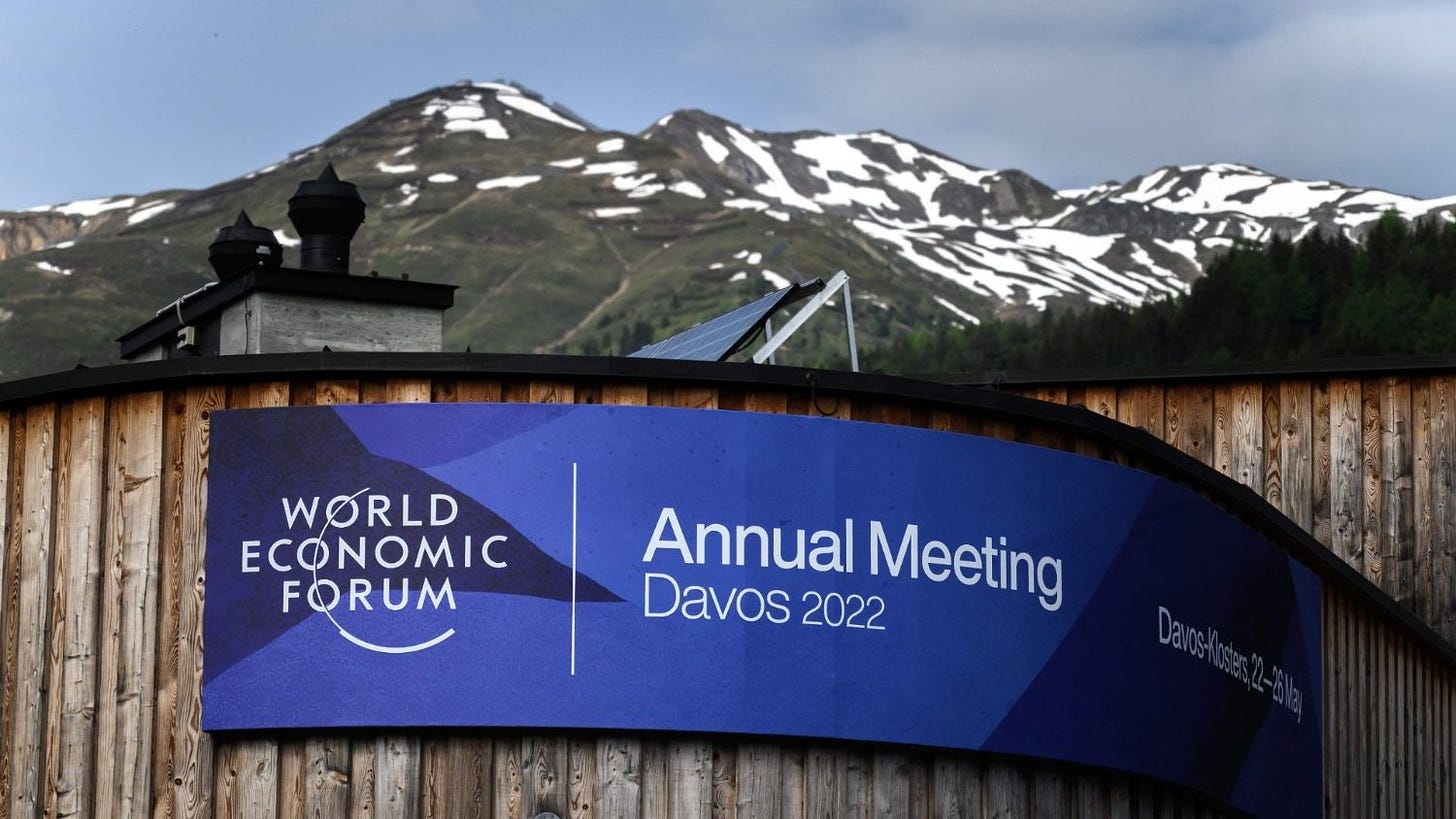Metaverse and Magic Mushrooms
“Defining and Building the Metaverse”
Another hot topic of the WEF 2022 edition was the Metaverse. With the technological advances and the rapid introduction of AI into our daily practices, the matter of regulating virtual space becomes urgent.
In a recent report, Bloomberg estimates that the metaverse market could read $800bn in the next two years. Virtual real estate, digital cosmetic items, art, watches and more are already being sold for millions of US Dollars. Back in November 2014, a record sale was announced with a deal of $2.4 million worth of cryptocurrency for a virtual real estate plot.
Yet, just like with cryptocurrency, in order to effectively regulate a phenomenon, it has to be clearly defined first. One of the tentative definitions suggested describes the metaverse as “a future persistent and interconnected virtual environment where social economic elements mirror reality. Users can interact with it and each other simultaneously across devices and immersive technologies while engaging with digital assets and property”. However, the social benefit of this alternative virtual space is yet to be clarified.
The round table “The Possibilities of the Metaverse” gathered speakers from the industry, including the CEOs of the AI-powered learning platform Quartolio, the San Franciscan social virtual reality company High Fidelity, the head-mounted virtual retinal display producer Magic Leap Inc, Mindfire Foundation, the toy production giant LEGO Group A/S and the Swiss non-profit research center studying the human brain Mindfire Foundation.
The arguments in support of the Metaverse mention children's mental health and well-being, an argument particularly advocated for by the LEGO group. Other mentioned benefits were also the possibility to use virtual reality as a second chance to fulfill a failed dream, such as the one of becoming a renowned artist or musician with access to a worldwide audience.
Yet, where freedom of self expression and physical society allows for creativity and the exchange of ideas, there also are ethical concerns, ranging from mental health, disconnection from reality, audio visual handicaps to virtual violence and bullying.
Nonetheless, as a result of the WEF Metaverse debates, a public-privately funded initiative “Defining and Building the Metaverse” was launched. One of its participants are the Hong Kong-based game software company Animoca Brands, who emphasised on the importance of regulating “digital ownership”, and the South Korean IT service management company CJ Olive Networks taking the niche of studying the challenges in metaverse’s governance, ethics, social and industrial use.
“Oneness” and “Connectedness” with the Shamans from Burning Man.
To release steam from the heated discussions and serious matters, the California based Tech players surprised the Davos audience with their special guests, the Shamans from the Burning Man festival taking place in the Nevada desert, known for its mass consumption of narcotic substances.
The topics of drugs and their decriminalisation for wider clinical use have already been discussed in Davos back in 2019 by lobbyists gathering investments for further research on the effects and wider use of these substances. Yet, it is the first time when the Davos conference attendees have the possibility to discover the effects of magic mushrooms, brew holistic teas, do breathwork and practice ecstatic dance to really live the experience of the ‘Medical Psychedelics House of Davos’.
The program, which was run as a side bonus to the Forum, consisted of 40 sessions that combined round tables and interactive practices gathering researchers, entrepreneurs, consumers and investors. It is worth noting that psychedelic drugs, including magic mushrooms, are still illegal across Switzerland.
Amongst the speakers were researchers in psychedelic studies from the Chopra Foundation, a charity specialising in alternative medicine founded by Deepak Chopra, the Icahn School of Medicine at Mount Sinai, the Imperial College London, and the University of Ottawa. Business investors like the US data platform Maya Health and a vitamin and supplement production company, Irwin Naturals, participated in the sponsoring of the program.
Mrs Florencia Bollini, founder of the England-based Rewire, made a pitch with the intent to sign $5m in seed funding for the development and spread of 5-MeO-DMT, considered to be the most intense psychedelic substance in the world, with first clinical trials planned already for 2023.
Mrs Sylvia Benito shared her expertise in ayahuasca meditations (a psychedelic herbal brew) and talked about her experience of investing into psychedelics research as part of managing private wealth. On that point, she discussed the different paths, such as funding biotech-like companies developing treatments and funding clinics or retreats where patients receive therapy.
Closing Thoughts
As usual, the arguments and questions raised during the 2022 WEF edition triggered mixed feelings. While the topics picked every year are guided by the Civil Society and the most discussed trends on social media, it is important to keep in mind one golden principle. The purpose of the World Economic Forum is of course to spark debate, expand discussion, challenge traditional ways of doing and thinking, but also to boost sales and corporate credibility of its participants, supporting the capitalist economy.
In other words, the Forum also acts as a platform to lobby for and popularise ideas, products and services that need to be sold. Whilst the WEF does not allow for any direct commercial activity, its role is to spark debate and it is open to all, leading to the following question; to what extent does the public discourse and opinions shape the Forum’s agenda, guiding the debate, and to what extent do the attending investors and multinational corporations influence the public opinion, discussed on social media and reflected in consumer behavior?
Join us!
Download the app on Apple or Android devices to experience the beginning of the future.
Follow us on Twitter, Instagram, Facebook, or LinkedIn.
Written by the team @ etha.one
Support our startup:




